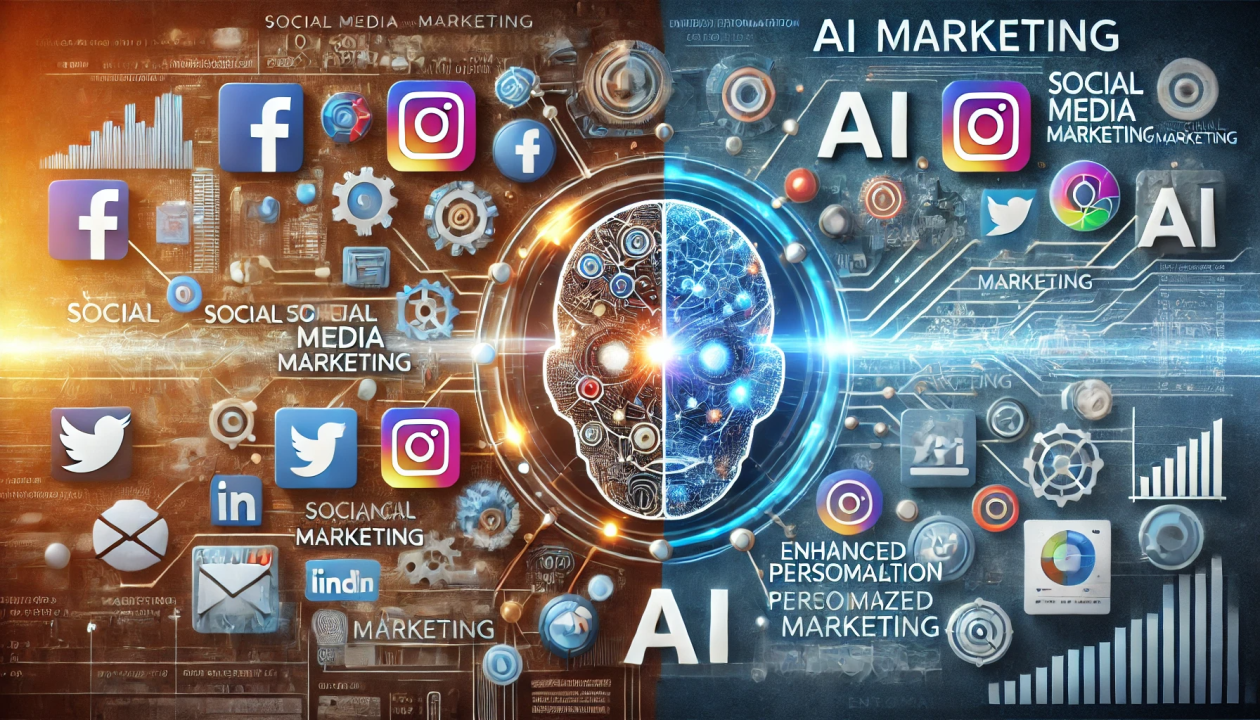Artificial Intelligence (AI) is playing an increasingly vital role in how businesses operate, compete, and evolve. From automating repetitive tasks to enabling smarter decision-making, AI is becoming an essential component of modern business strategies. Its role extends across departments, industries, and business sizes — offering value at every level.
Driving Automation and Productivity
One of the primary roles of AI in business is automation. AI can handle routine tasks such as data entry, invoice processing, customer service responses, and scheduling. This not only reduces errors but also frees up employee time, allowing them to focus on strategic or creative work, ultimately boosting productivity and efficiency.
Enhancing Customer Engagement
AI helps businesses create personalized and timely interactions with customers. Chatbots provide instant support, recommendation engines suggest relevant products, and sentiment analysis tools help companies better understand customer needs. This personalized approach improves customer satisfaction and builds brand loyalty.
Supporting Smarter Decision-Making
AI tools analyze vast amounts of data to deliver insights that inform strategic choices. Businesses use AI to forecast demand, optimize pricing, manage risk, and refine marketing campaigns. By identifying patterns and predicting outcomes, AI helps decision-makers act faster and more accurately.
Enabling Innovation and Product Development
AI is helping companies design smarter products and services. For example, AI is used in healthcare for diagnostic tools, in fintech for fraud detection, and in retail for inventory management. Its role in research and development accelerates innovation and helps businesses bring new solutions to market faster.
Strengthening Security and Risk Management
AI plays a key role in monitoring systems for security threats and operational risks. Machine learning algorithms can detect unusual activities, automate compliance checks, and predict potential failures before they occur. This proactive approach helps companies minimize losses and maintain trust.
Improving HR and Talent Management
In human resources, AI assists with candidate screening, employee engagement analysis, and workforce planning. It can also personalize learning and development plans, track employee performance trends, and support diversity and inclusion by reducing bias in hiring.
Optimizing Supply Chain and Logistics
AI helps streamline supply chain operations by forecasting demand, optimizing delivery routes, and managing inventory. Businesses can respond more quickly to disruptions, reduce waste, and enhance supply chain visibility and reliability.
Empowering Marketing and Sales
AI helps marketers understand customer behavior and create more effective campaigns. From dynamic pricing to automated email marketing and sales forecasting, AI tools allow businesses to better target and convert leads while reducing manual effort.
Conclusion
The role of AI in business is dynamic and growing. It serves as a powerful tool for improving efficiency, driving growth, enhancing customer experiences, and making smarter decisions. As technology evolves, businesses that embrace AI will be better positioned to innovate and stay competitive in a fast-changing marketplace.







Leave feedback about this